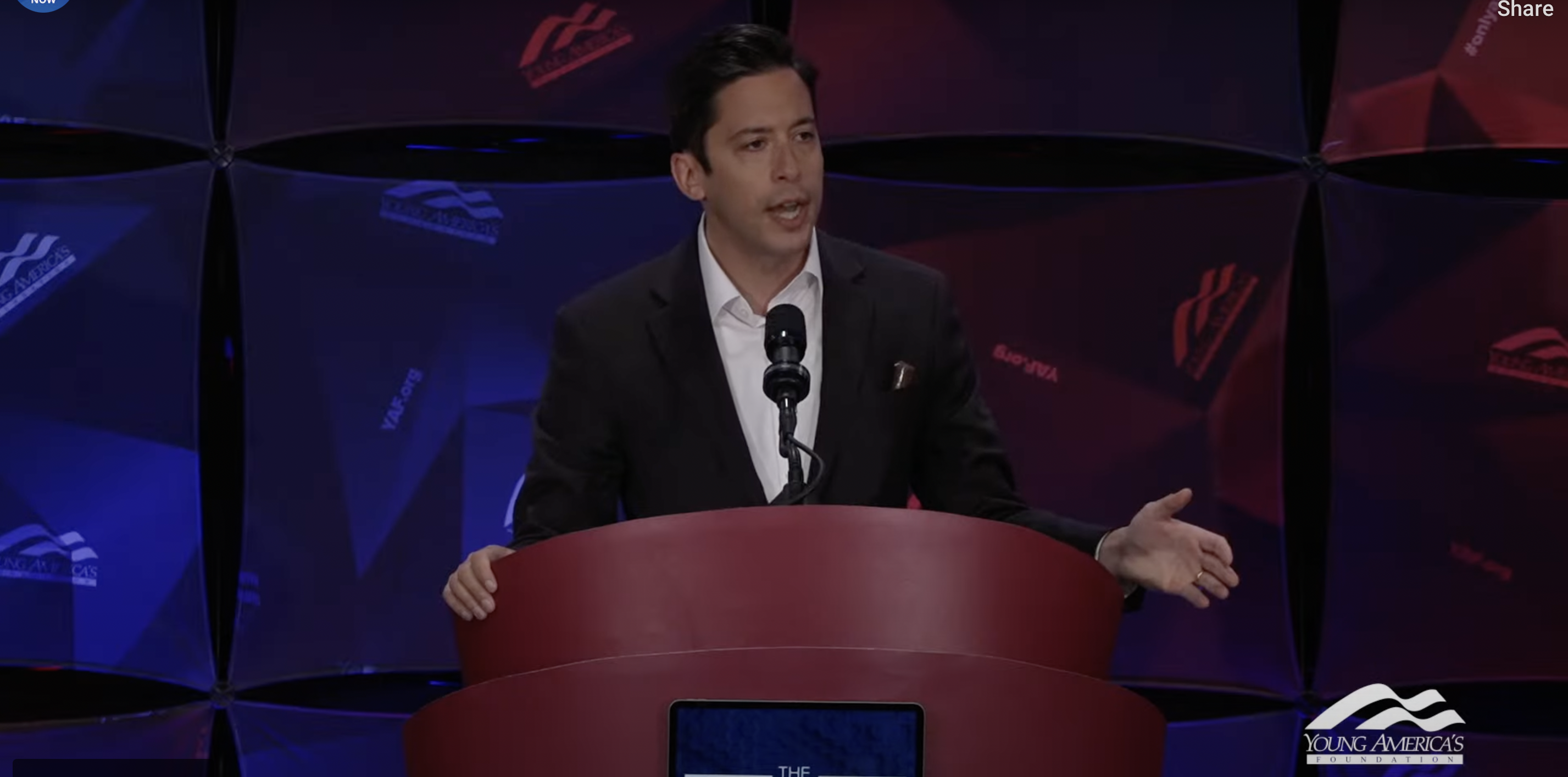Labor Board dismisses UAW complaint against GOP candidate for ‘You strike, you’re fired’ comments.
Dismissal of Charges Against Sen. Tim Scott by National Labor Board
The United Auto Workers (UAW) union’s charges against Sen. Tim Scott (R-S.C.) have been dismissed by the national labor board. The charges were related to remarks made by Scott suggesting that striking autoworkers should be fired.
The National Labor Relations Board (NLRB) announced in a letter filed on Nov. 3 that the case against Scott has been dismissed. The NLRB alleged that Scott made “coercive statements” against UAW members in violation of the National Labor Relations Act.
Lisa Henderson, NLRB regional director, stated in the dismissal letter that the charges were dropped due to the UAW’s lack of cooperation with the investigation.
“We have carefully considered your charge that Tim Scott For America has violated the National Labor Relations Act,” reads the letter. “I am dismissing your charge due to your lack of cooperation in investigating this case. As a result, further proceedings are not warranted at this time.”
Ms. Henderson gave the UAW until Nov. 17 to appeal.
A UAW spokesperson did not immediately respond to a request for comment.
‘You Strike, You’re Fired’
Scott became the target of the NLRB investigation when UAW President Shawn Fain filed a complaint against him, accusing the Republican lawmaker of “engaging in unfair labor practices.”
Related Stories
- Winners and Losers in New Contracts Between UAW, Ford, GM, and Stellantis – 11/4/2023
- UAW Members at Ford Assembly Plant Overwhelmingly Approve Tentative Contract - 11/3/2023
The complaint against Scott focused on his remarks during the UAW strike against Detroit’s Three automakers. He suggested that striking workers should be fired, drawing inspiration from Ronald Reagan’s approach to federal employee strikes.
Following Scott’s remarks, UAW President Shawn Fain issued a critical statement, condemning the senator’s words as an example of the employer class mistreating the working class.
Fain then filed a complaint, alleging that Scott threatened employees with adverse consequences if they engaged in protected, concerted activity by stating, ”You strike, you’re fired.”
The UAW chief’s complaint cited violations of section 8(a)(1) of the National Labor Relations Act, which prohibits employers from interfering with, restraining, or coercing employees engaged in protected activities such as strikes.
Interestingly, the complaint identified the “employer” violating employees’ rights as the “Tim Scott for America” 2024 presidential campaign, even though Scott’s remark about firing striking workers was directed towards his own campaign’s employees.
‘They Don’t Scare Me’
Scott, known for his criticism of union activity, responded to the complaint by accusing the UAW of attempting to silence him.
“The UAW is one of the most corrupt and scandal-plagued unions in America,” Scott stated. “They are showing their true colors once again, and autoworkers and taxpayers will be left holding the bag. They want to threaten me and shut me up. They don’t scare me.”
“I will truly fight for American workers and jobs, promote the dignity of work, and end the Biden retreat from the values that make our nation exceptional,” he added.
The Republican senator has been critical of President Joe Biden, who supported the UAW’s strikes against autoworkers.
Scott’s campaign dismissed the complaint as a political stunt.
“They were playing politics instead of representing their members’ interests,” said Scott’s campaign manager Jennifer DeCasper.
Recently, the UAW ended its strikes against Detroit’s major automakers after reaching a deal that includes a significant pay hike.
What questions and concerns does the dismissal of charges against Sen. Tim Scott raise about the rights of workers and the balance of power between employees and employers
Remarks as “unacceptable” and accusing him of undermining the rights of workers.
Scott’s comment sparked controversy and drew attention from both labor unions and political opponents. Critics argued that his remarks were anti-worker and went against the principles of union solidarity. They claimed that his statement encouraged the mistreatment of workers and undermined their right to strike.
However, the dismissal of charges against Scott by the NLRB comes as a blow to the UAW’s case. The labor board’s decision to drop the charges is based on the UAW’s lack of cooperation with the investigation. This raises questions about the validity of the union’s claims against Scott and undermines their credibility in pursuing the case.
The dismissal letter from NLRB Regional Director Lisa Henderson explicitly states that the UAW’s lack of cooperation led to the dismissal of the charges. It suggests that the UAW failed to provide sufficient evidence or support for their complaint against Scott, leading to the conclusion that further proceedings were not warranted at this time.
While the UAW has been given the opportunity to appeal the decision until November 17, their silence in response to the dismissal raises doubts about their confidence in the case. This lack of immediate response from a UAW spokesperson further implies that they may not have strong grounds for appeal.
Scott’s “You Strike, You’re Fired” comment, inspired by Reagan’s stance on federal employee strikes, remains controversial. It raises valid concerns about the treatment of striking workers and the balance between labor rights and employer authority. However, the dismissal of charges against Scott by the NLRB suggests that, legally, his remarks do not qualify as “coercive statements” in violation of the National Labor Relations Act.
This development is likely to be seen as a victory for Scott and those who support his views on strikes, while labor unions and their advocates may view it as a setback. It underscores the importance of cooperation and substantiation of claims in labor disputes, as well as the need for clear legal definitions and interpretations of acceptable behavior during strikes.
The dismissal of charges against Sen. Tim Scott by the NLRB not only resolves the specific case against him, but also sheds light on the broader issues of labor rights and the limits of employer power during strikes. It serves as a reminder that individuals’ remarks, no matter how controversial or politically charged, must still meet legal thresholds to be considered violations of labor laws.
As the UAW considers whether to appeal the dismissal, the case against Sen. Tim Scott remains a significant topic of debate and discussion. It raises important questions about the rights of workers, the role of unions, and the balance of power between employees and employers in the United States.
Only time will tell what impact this dismissal will have on future labor disputes and the ongoing battle for workers’ rights.
" Conservative News Daily does not always share or support the views and opinions expressed here; they are just those of the writer."





